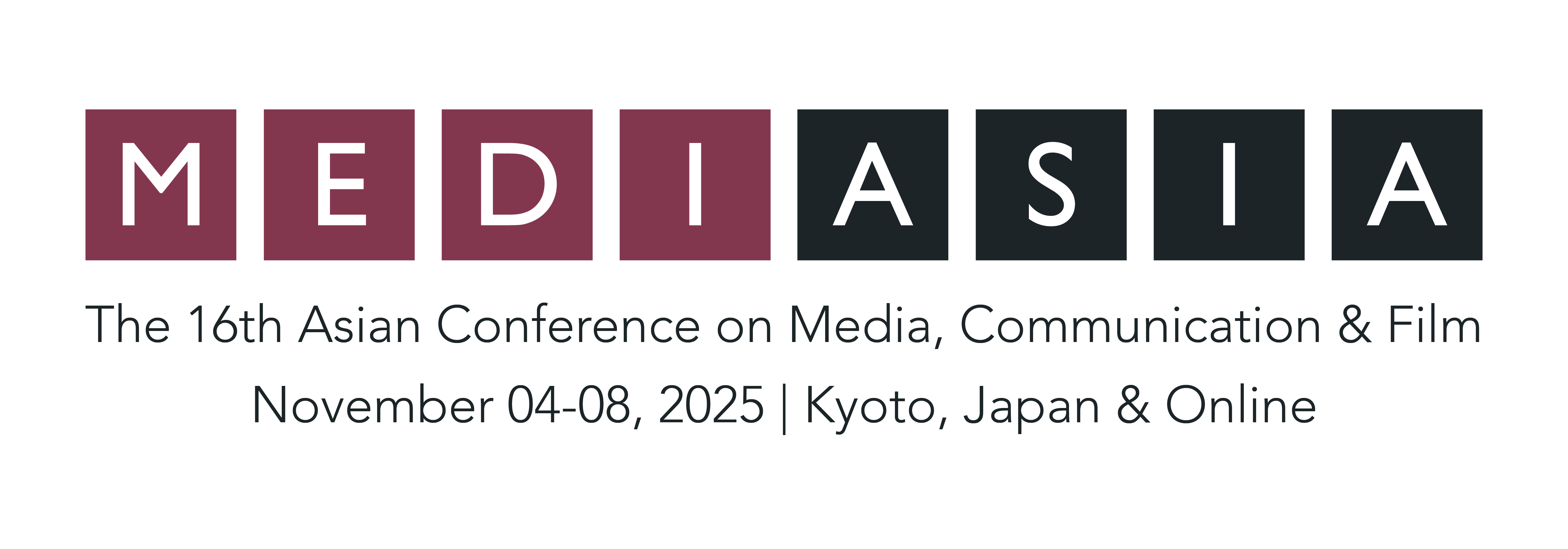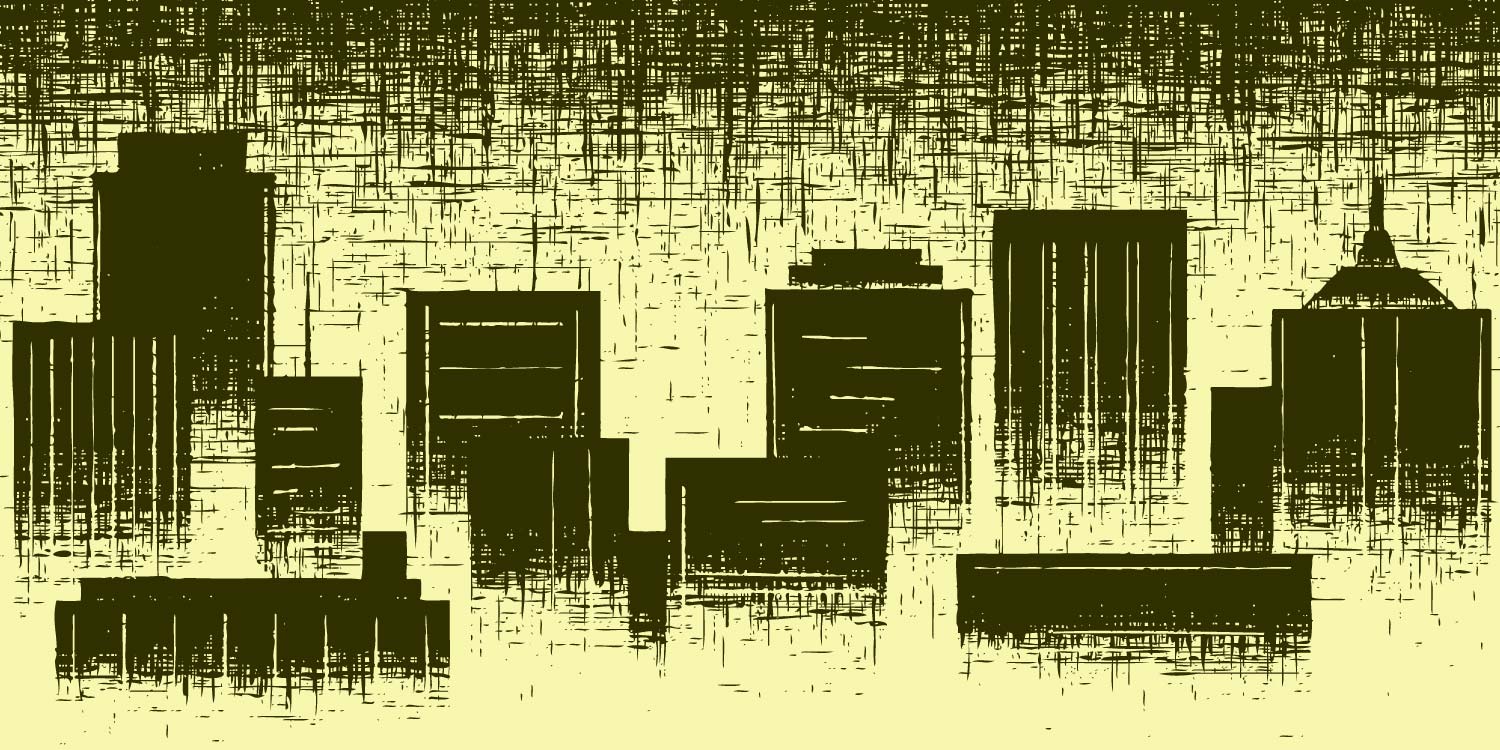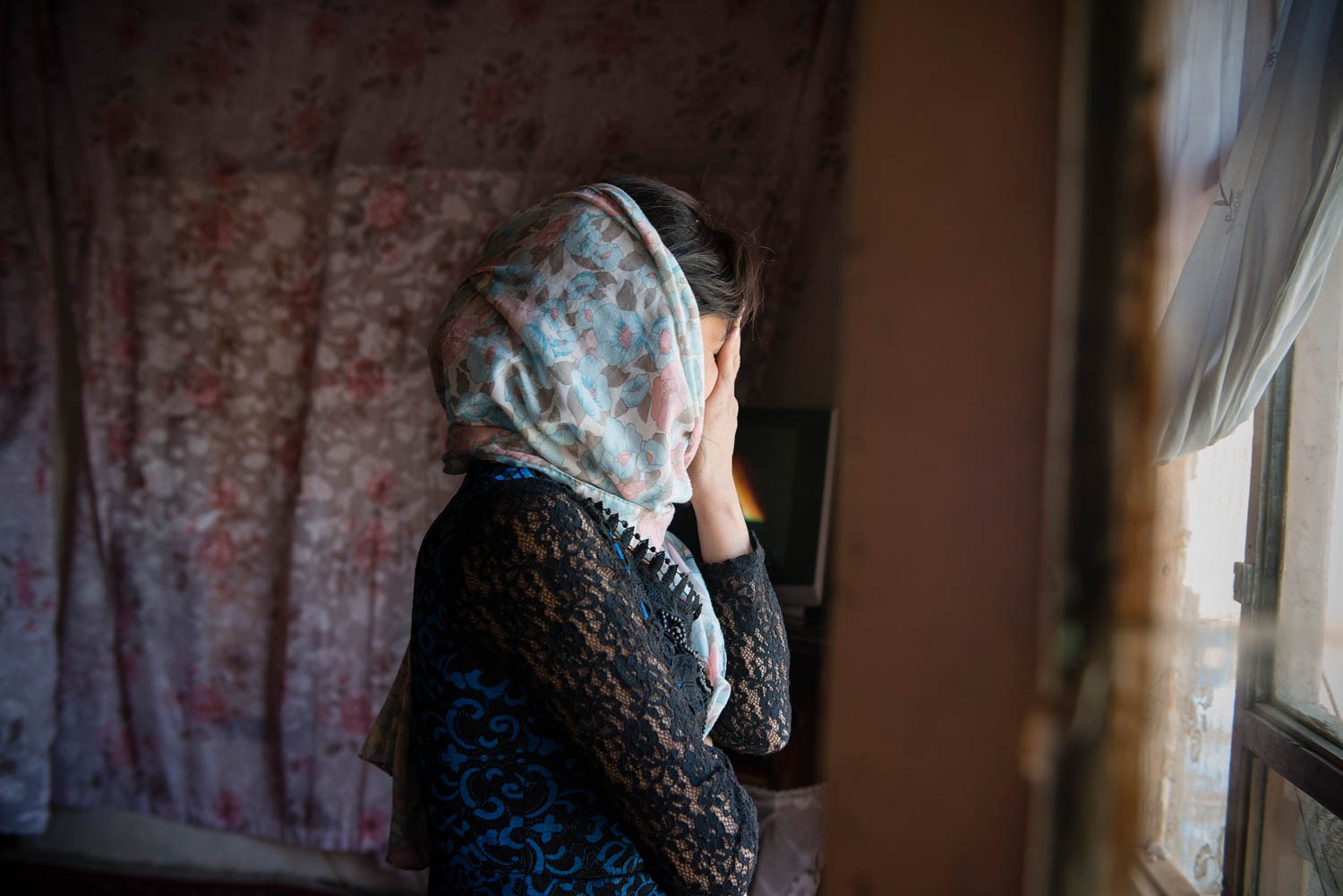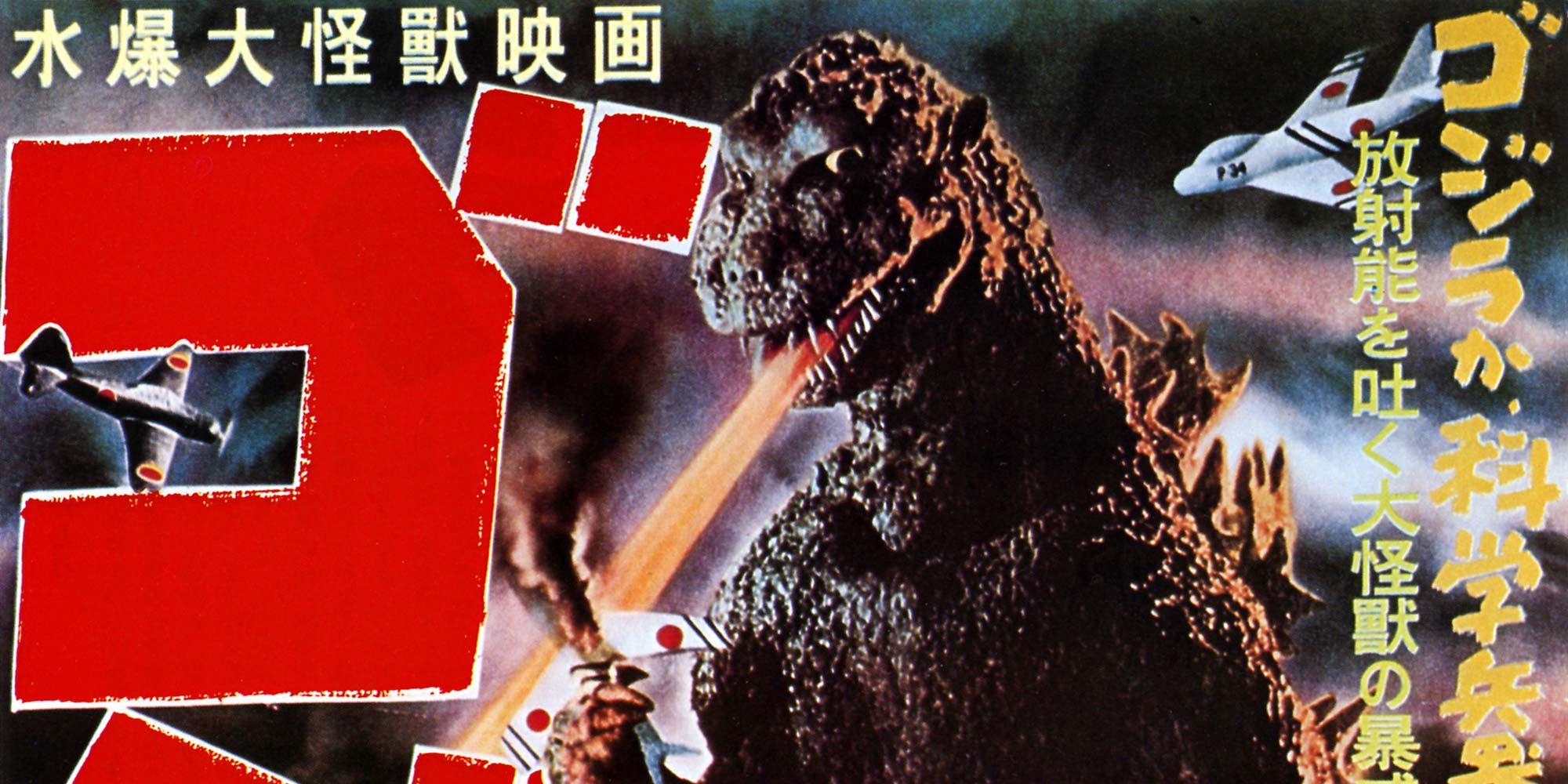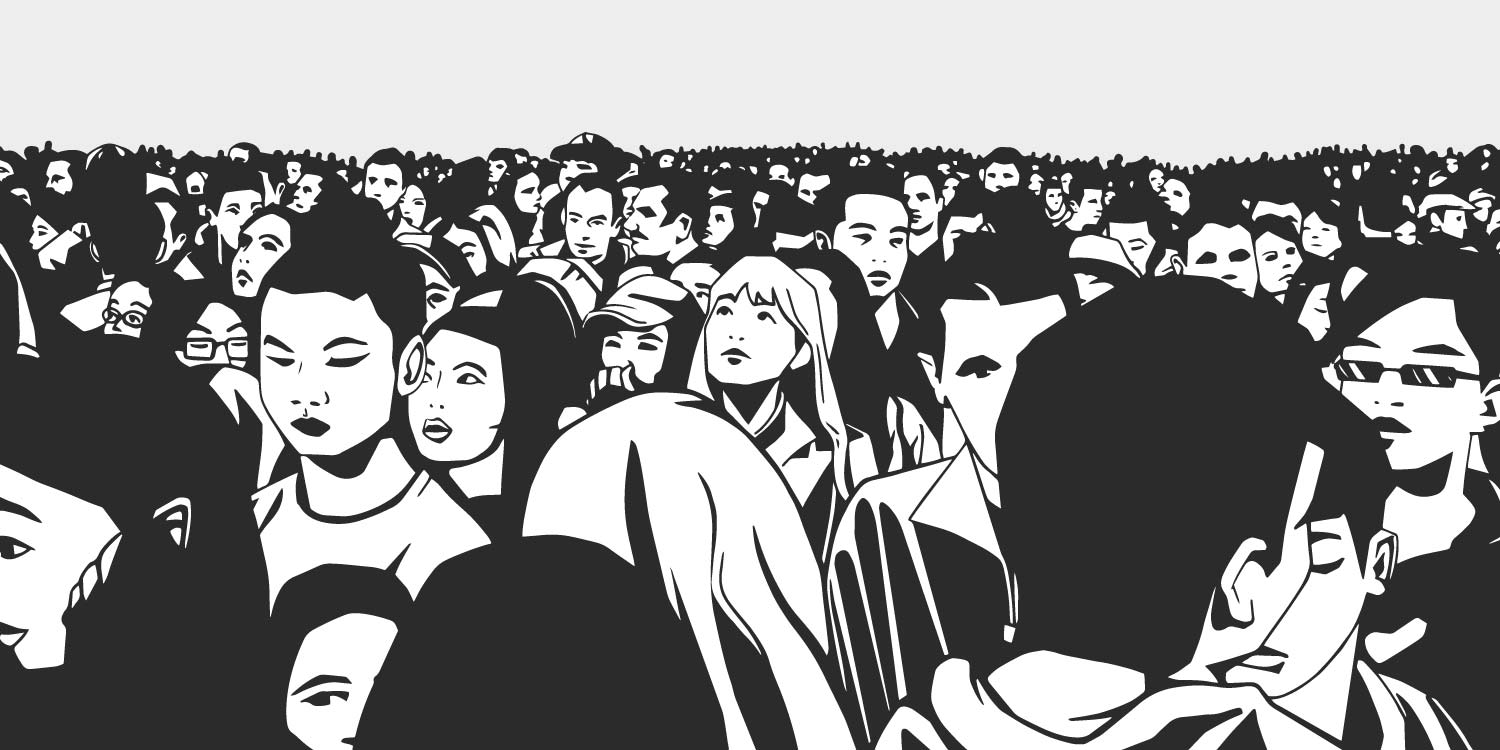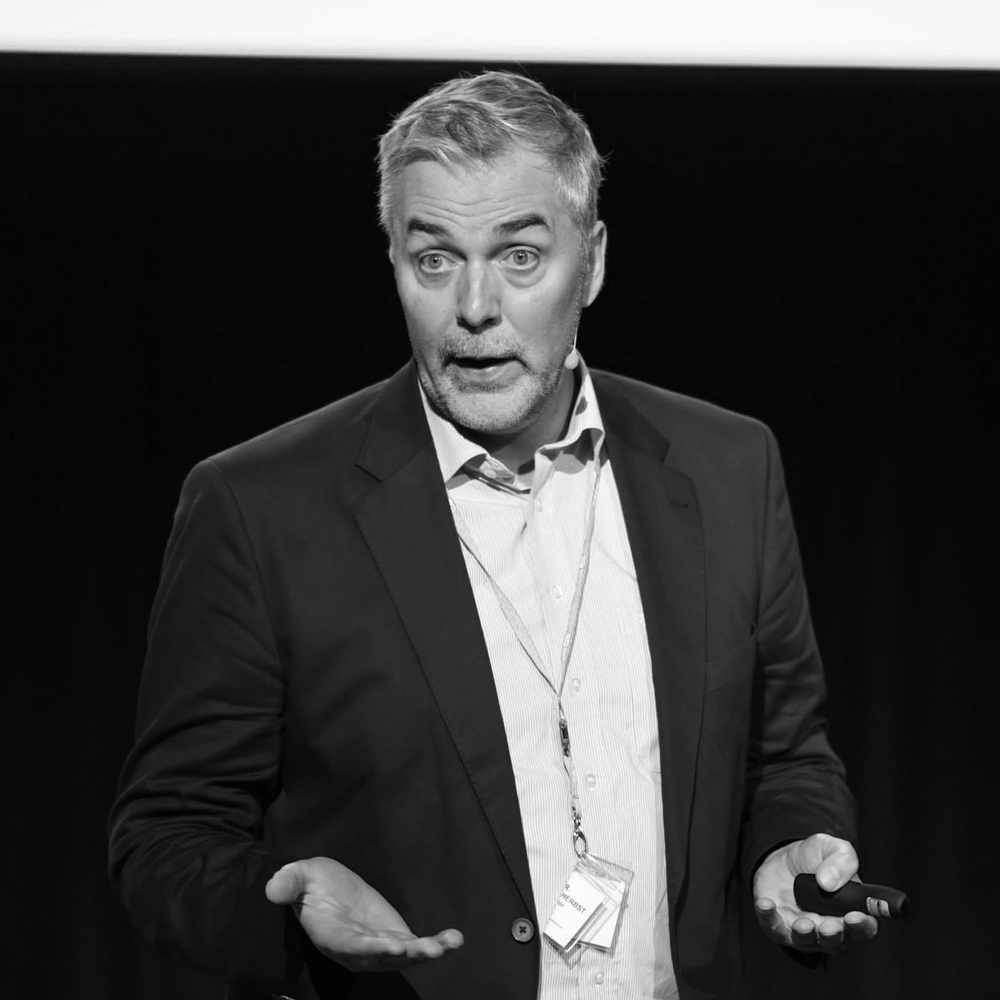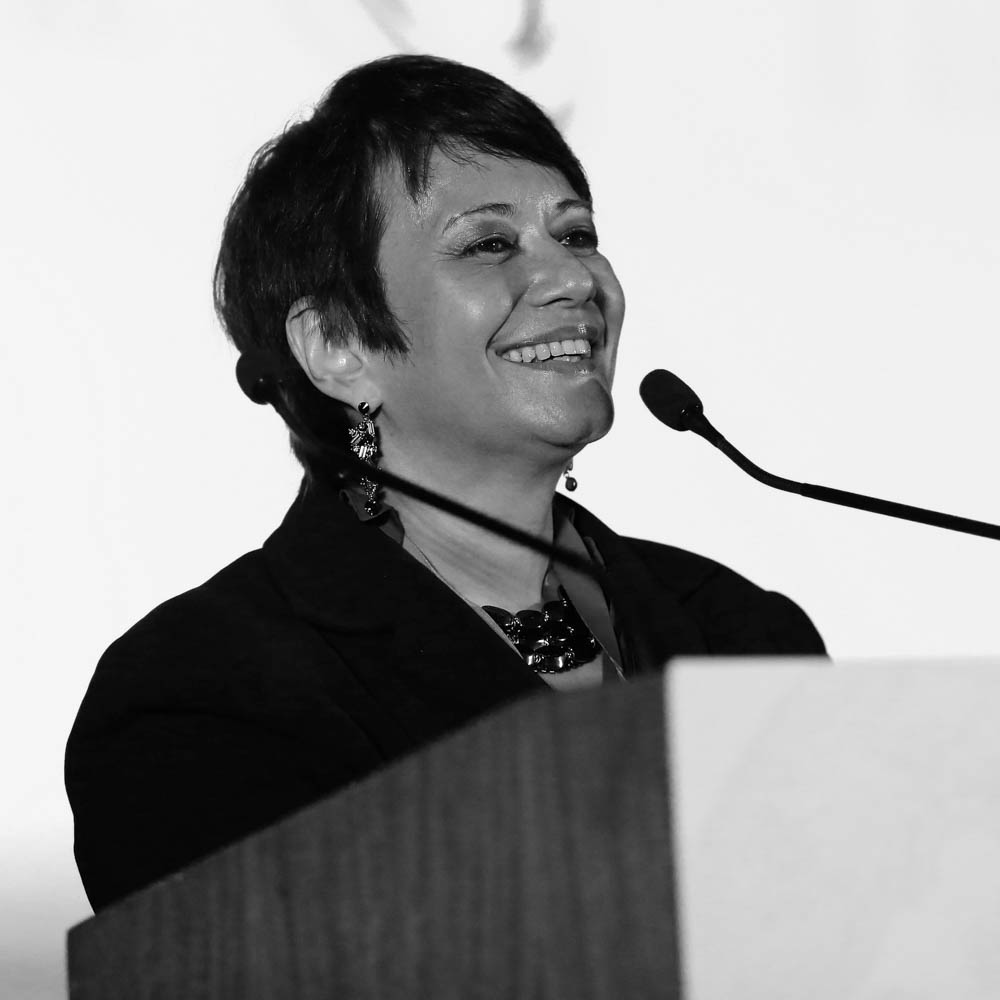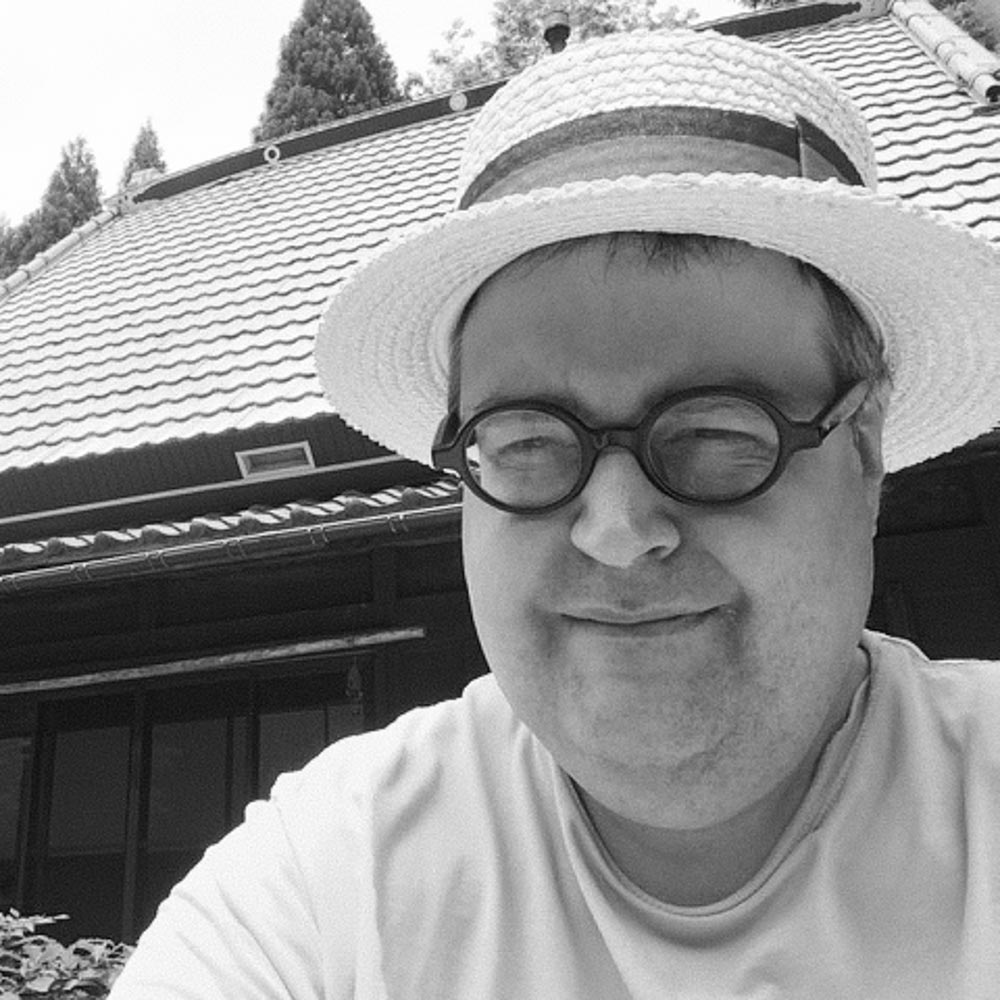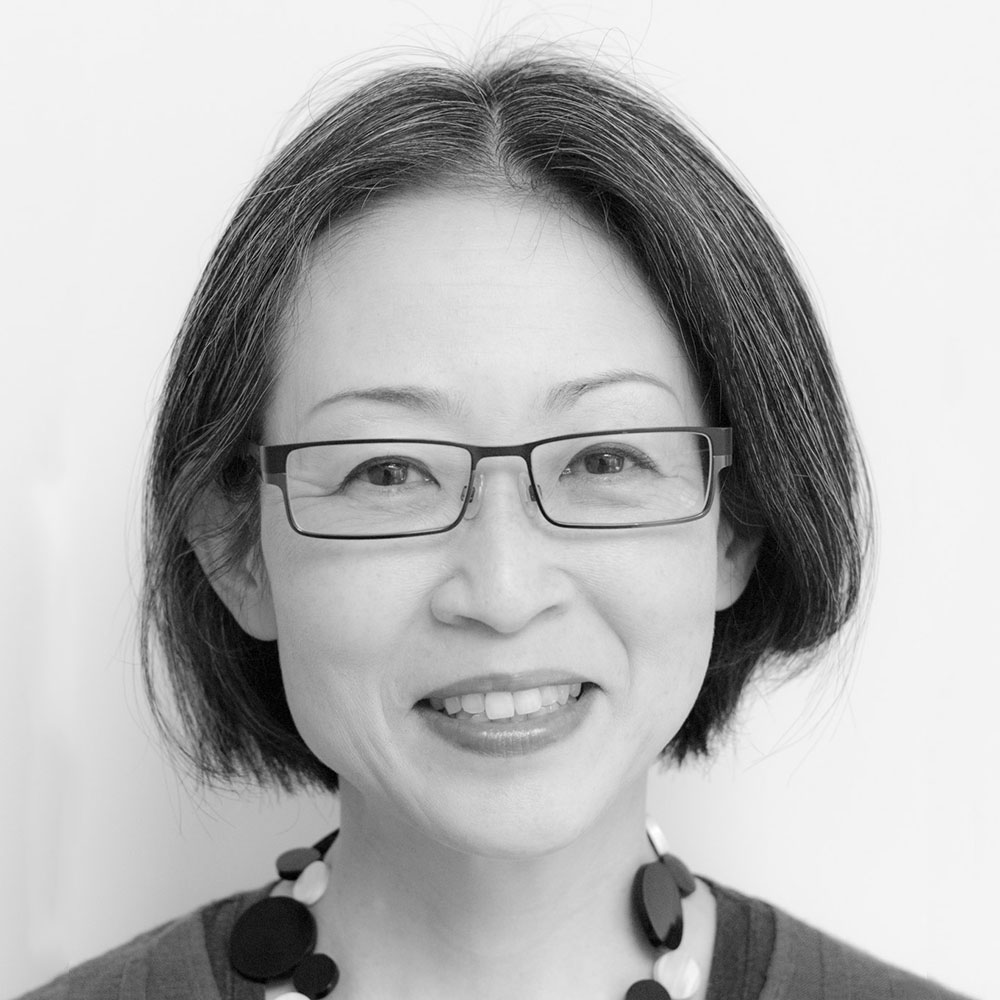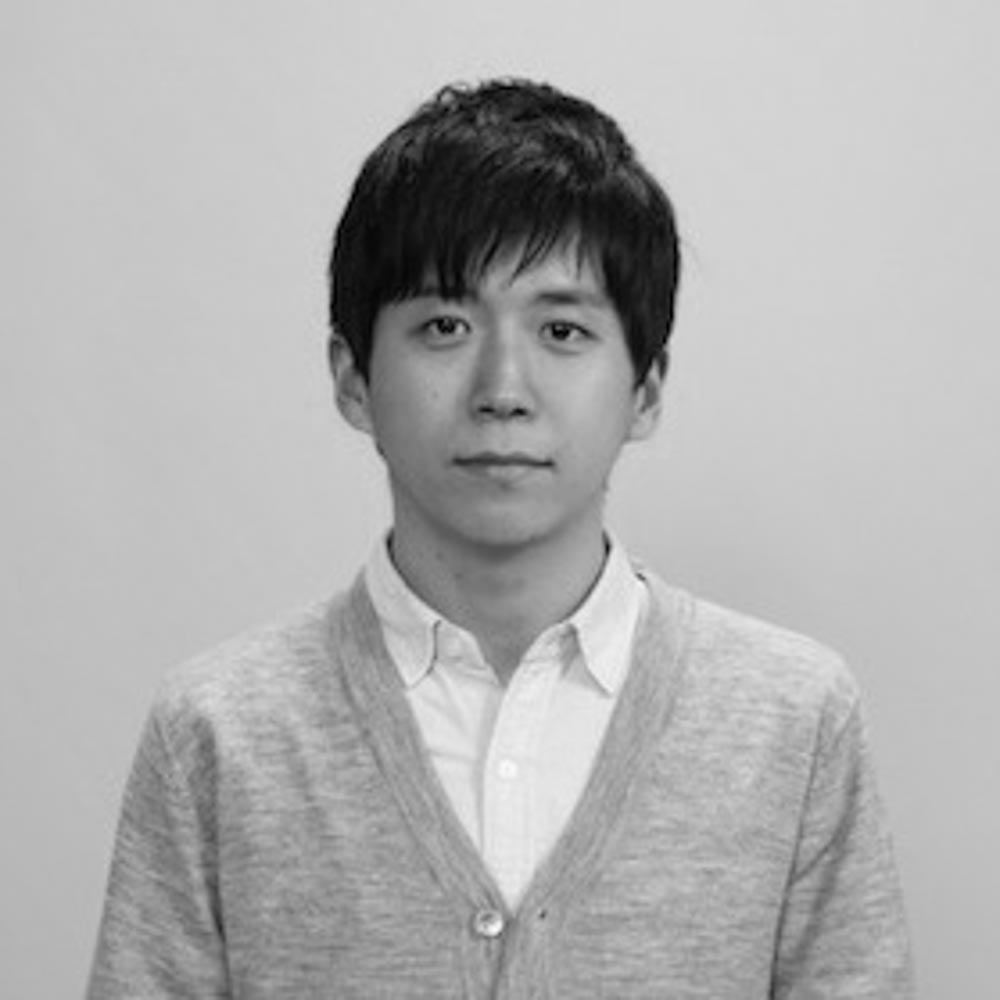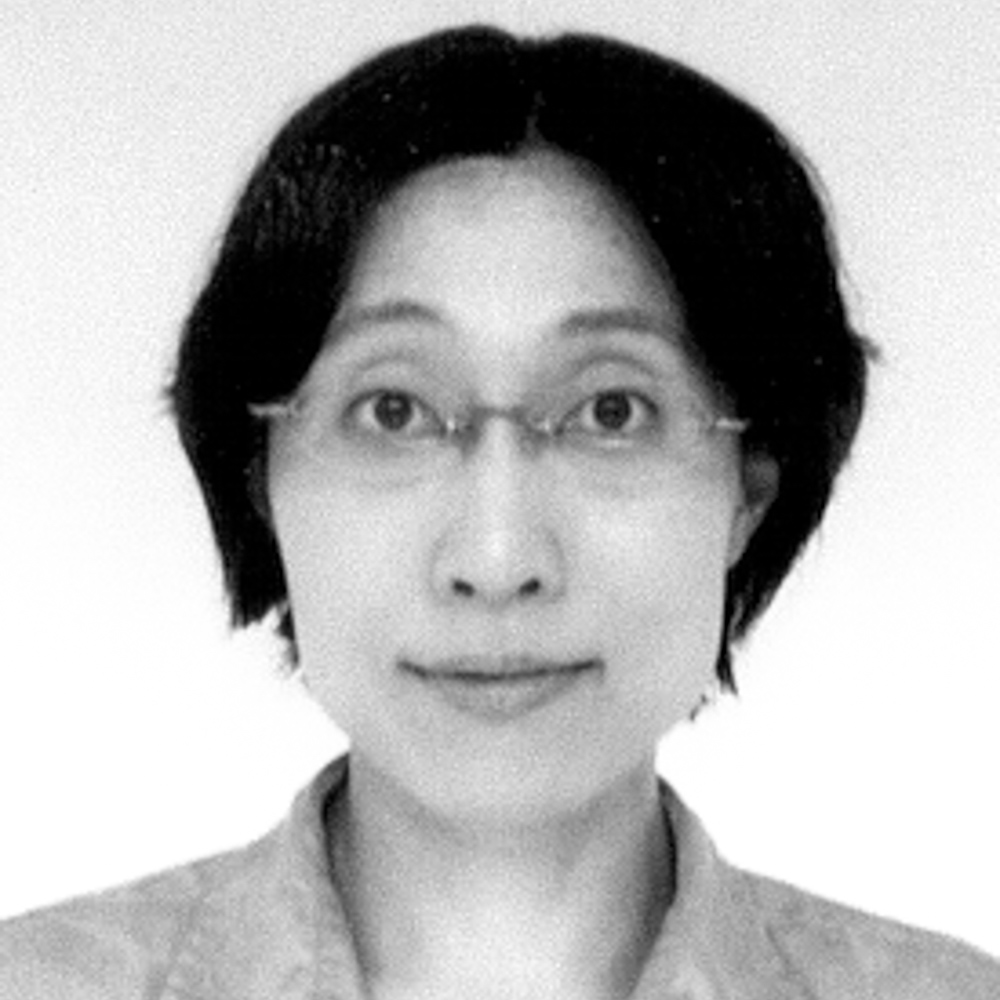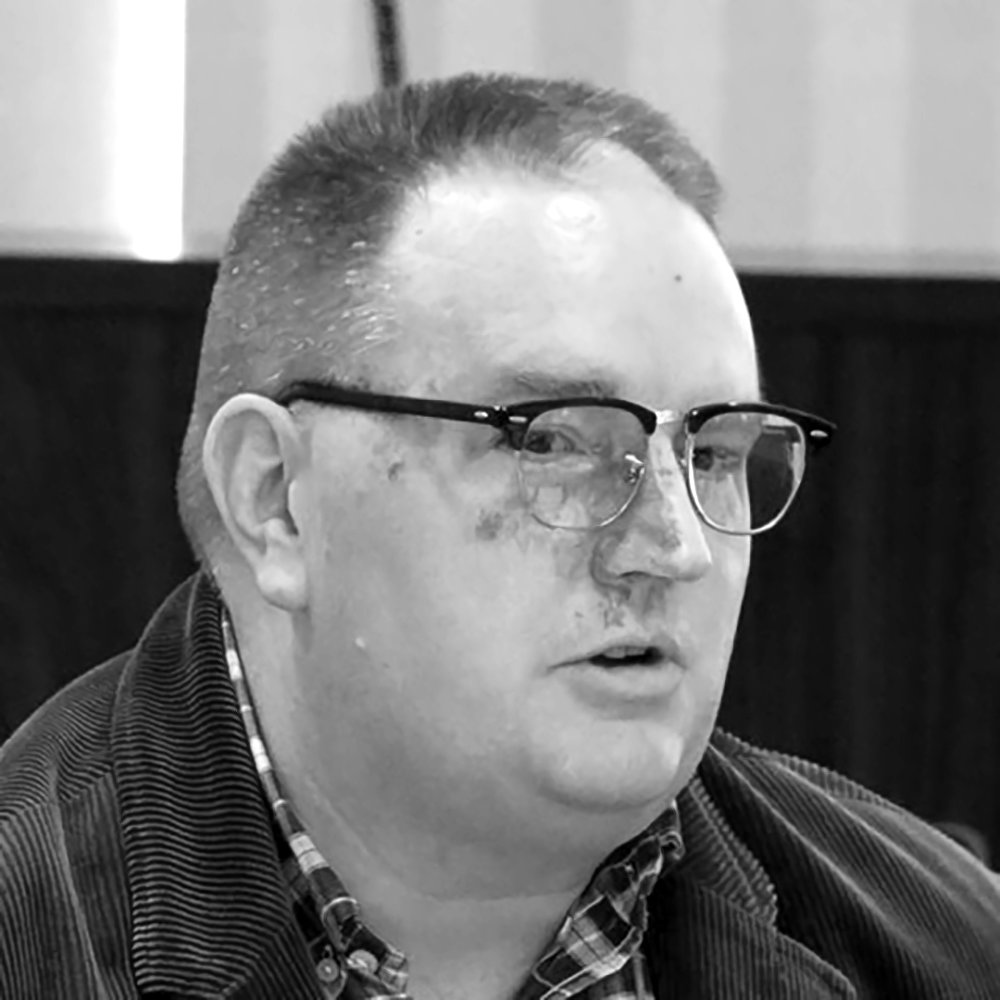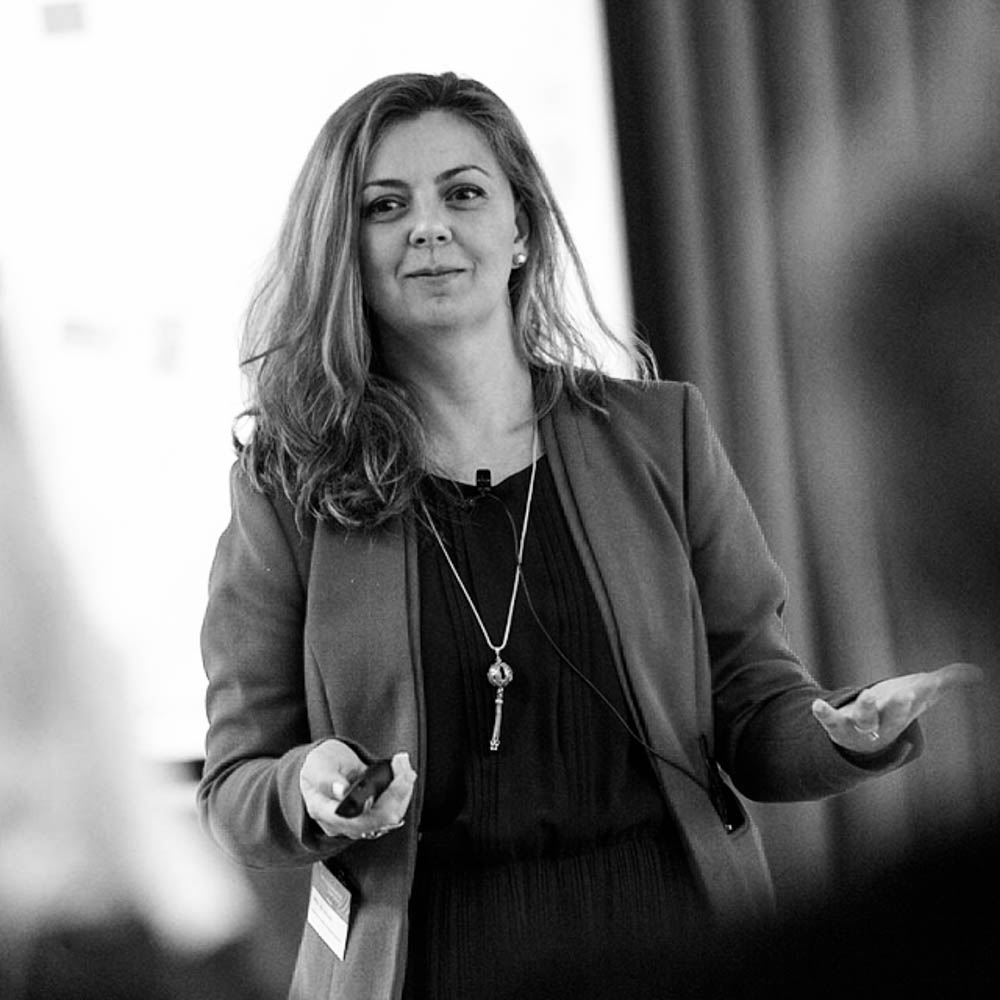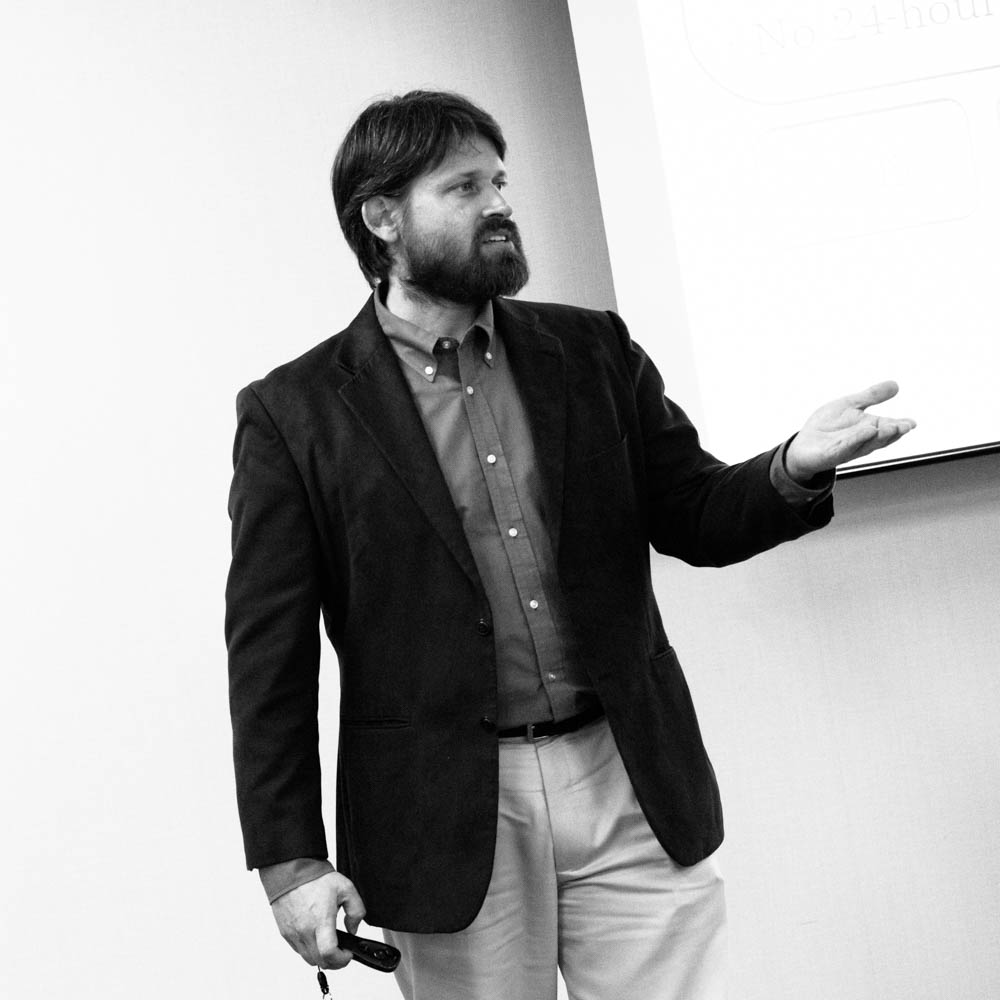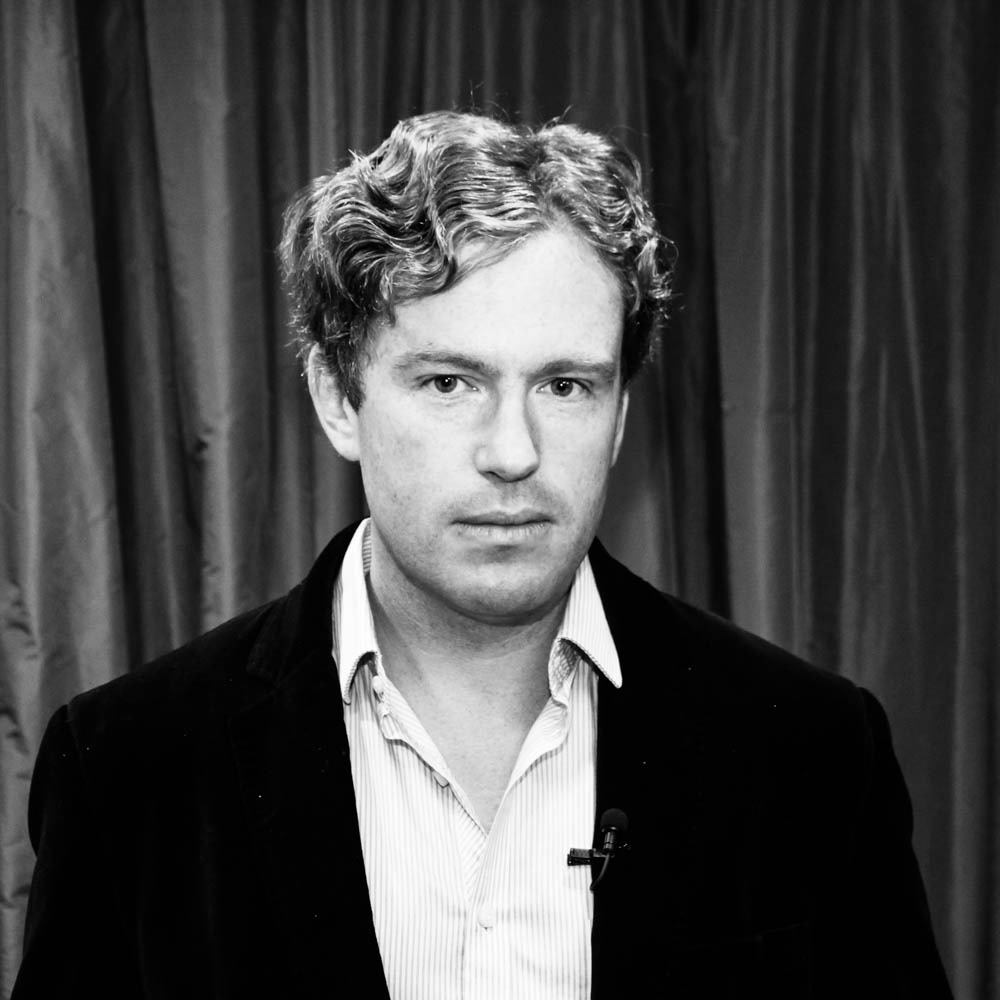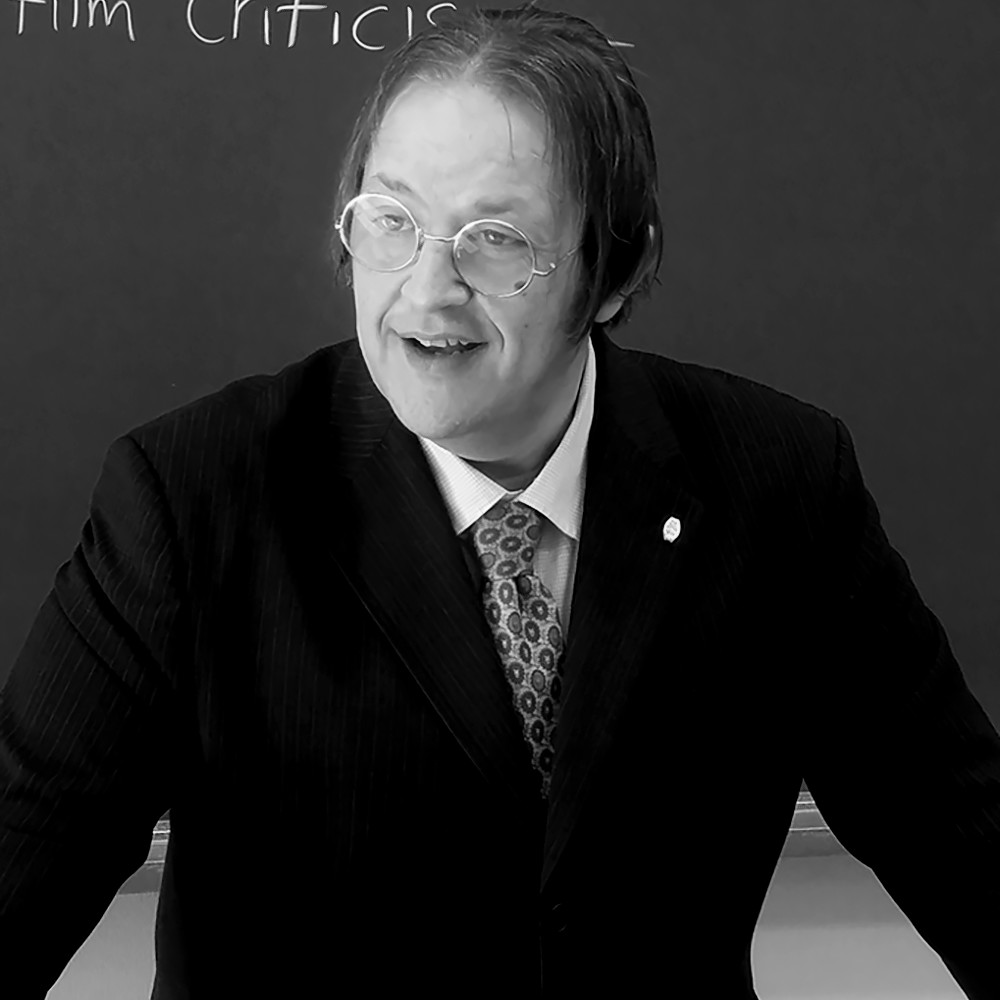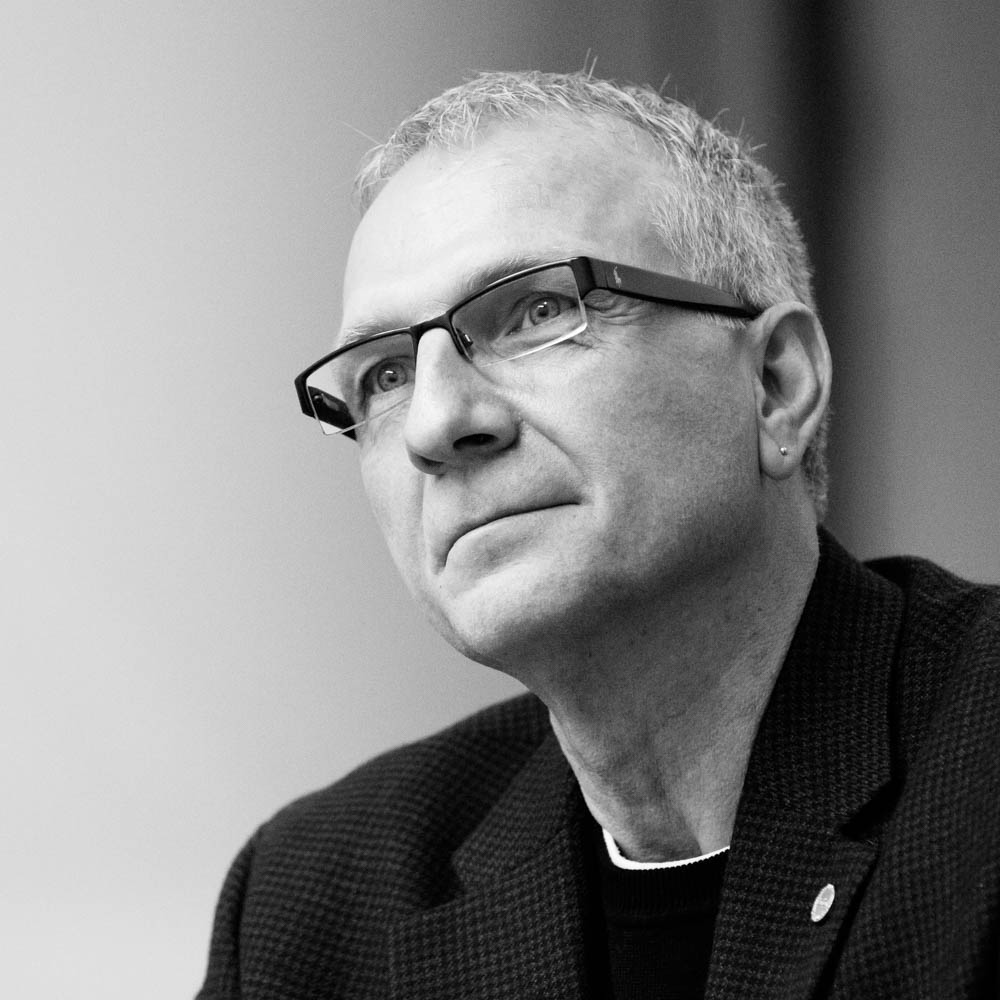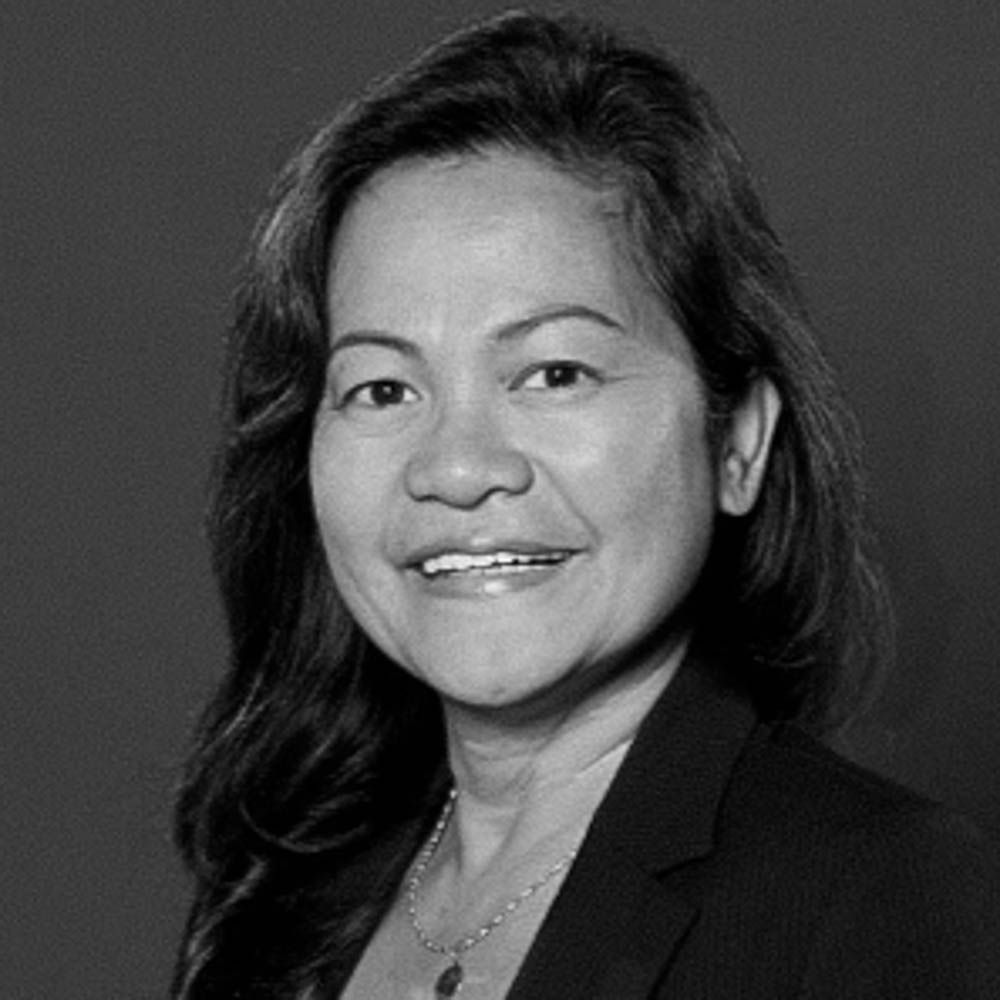Conference Theme: "Fearful Futures"
October 9-11, 2018 | Toshi Center, Tokyo, Japan
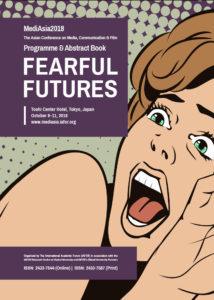 We have reached a moment in international history that is one of potential paradigm shift. It is a moment when a problematic, but at least blandly progressivist, pro-multiculturalist movement toward “cosmopolitanism” (as Kwame Anthony Appiah might use the term) is being threatened by a far more destructive and potentially genocidal ethno-nationalism, the ferocity of which is fuelled by economic disparity, religious intolerance and retrograde ideologies regarding gender, race and sexuality. The possible global futures we face are fearful, indeed, and in an era of information and disinformation, fake news, and hysterical polemic, are sometimes made out to be inevitable.
We have reached a moment in international history that is one of potential paradigm shift. It is a moment when a problematic, but at least blandly progressivist, pro-multiculturalist movement toward “cosmopolitanism” (as Kwame Anthony Appiah might use the term) is being threatened by a far more destructive and potentially genocidal ethno-nationalism, the ferocity of which is fuelled by economic disparity, religious intolerance and retrograde ideologies regarding gender, race and sexuality. The possible global futures we face are fearful, indeed, and in an era of information and disinformation, fake news, and hysterical polemic, are sometimes made out to be inevitable.
In this context, the arts, humanities, media and cultural studies play an important role in tracing the genealogy of the present moment, documenting it, and charting different paths forward, inviting such questions as how does culture replicate itself (or critically engage itself) in the classroom, in literature, in social media, in film, in the visual and theatrical arts, in the family, and among peer groups? How do we rise to the challenge of articulating a notion of human rights that also respects cultural difference? How do cultural representations of the environment abet or challenge the forces driving climate change? What are the roles and responsibilities of the individual activist as teacher, writer, artist, social scientist and community member? What are the responsibilities of both traditional and non-traditional media? How do we make sense of the ideologies driving hatred and intolerance, and posit different models of social engagement and organisation? Looking to the past, what do we learn about the challenges of today?
This international and interdisciplinary conference will bring together a range of academics, independent researchers, artists and activists to explore the challenges that we face in the twenty-first century. While we have every right to fear the future, we also have agency in creating that future. Can we commit to a cosmopolitanism that celebrates difference and that challenges social inequity? On our ability to answer to that question affirmatively likely hangs our very survival.
The Local Context: Tokyo and Japan
Japan is a country with a hugely rich and influential media tradition going back a thousand years and is characterised by constant and brilliant conversations between popular and high culture and media in various forms; from the popular themed romance and action of the world’s first novel (Tales of Genji) a thousand years ago, through the mass-produced works of Hokusai and Hiroshige, and to the manga which developed over many centuries to now become a globally popular phenomenon. From the page to the screen, anime such as Pokémon and Dragon Ball Z have been widely appreciated, and their creators and directors enjoy great respect; Hayao Miyazaki’s Spirited Away remains Japan’s biggest box office hit; underlining its immense crossover appeal. Tokyo is also the home of a strong domestic film industry that has counted some of the world’s most important and influential directors, from Kurosawa, Ozu, Mizoguchi and Ichikawa, through to Yamada and more recently Kitano and Miike. The country also has a strong and eclectic music industry, often eclipsed in the international imagination by J-pop, manufactured groups, and the associated “tarento” and “idol” industries, which hint at the darker and exploitative side of show business.
While Japan has had a strong journalistic tradition, press and media freedom has been declining recently (according to various sources such as ‘Reporters Without Borders’), and censorship and self-censorship have been increasingly documented in a context of a rising domestic political nationalism. In a country where media and political powers have enjoyed a cosy and much-criticised relationship, there remain questions about the media’s ability to hold power to account, and uncomfortable comparisons with the past.
Programme
-
 Fearful Futures: Are we Awoke?Keynote Presentation: Keiko Bang
Fearful Futures: Are we Awoke?Keynote Presentation: Keiko Bang -
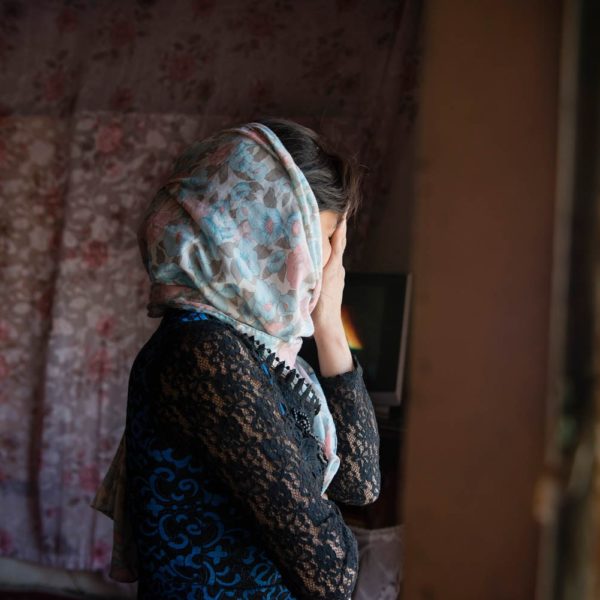 IAFOR Documentary Photography Award 2018Winners Announcement
IAFOR Documentary Photography Award 2018Winners Announcement -
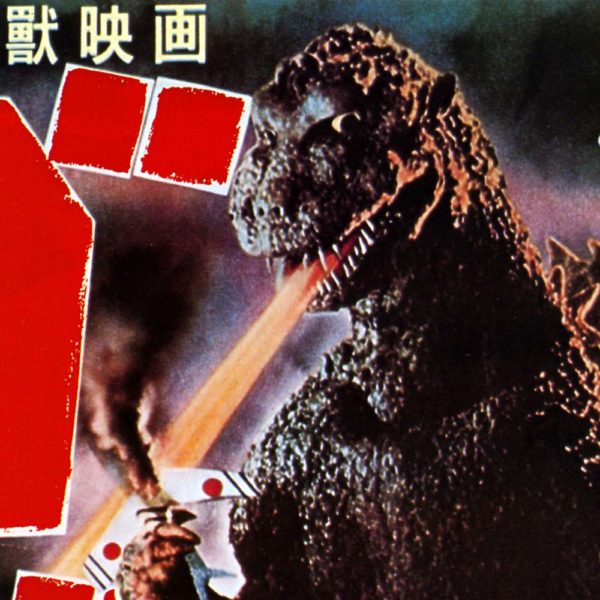 The State of Film Studies in JapanFeatured Panel Presentation: Chie Niita, Tim W. Pollock & Yutaka Kubo
The State of Film Studies in JapanFeatured Panel Presentation: Chie Niita, Tim W. Pollock & Yutaka Kubo -
 A Past Worth Saving: Reflections on a Lifetime of Cultural and Film Preservation in Hollywood and JapanFeatured Presentation: Stuart Galbraith IV
A Past Worth Saving: Reflections on a Lifetime of Cultural and Film Preservation in Hollywood and JapanFeatured Presentation: Stuart Galbraith IV -
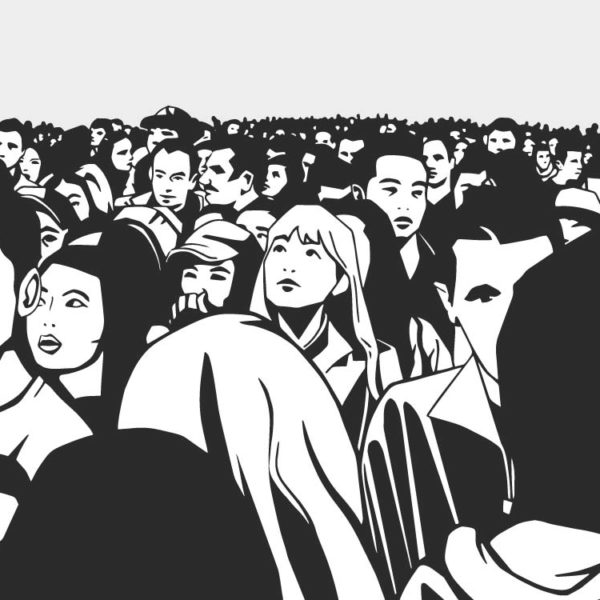 Indifferent Publics – The Challenge of Japanese Media TodayKeynote Presentation: Kaori Hayashi
Indifferent Publics – The Challenge of Japanese Media TodayKeynote Presentation: Kaori Hayashi -
 When All the Research Says Otherwise but Fear Remains: On the Role of Facts in Dealing with Future FearsKeynote Presentation: Georg Adlmaier-Herbst
When All the Research Says Otherwise but Fear Remains: On the Role of Facts in Dealing with Future FearsKeynote Presentation: Georg Adlmaier-Herbst
Speakers
-
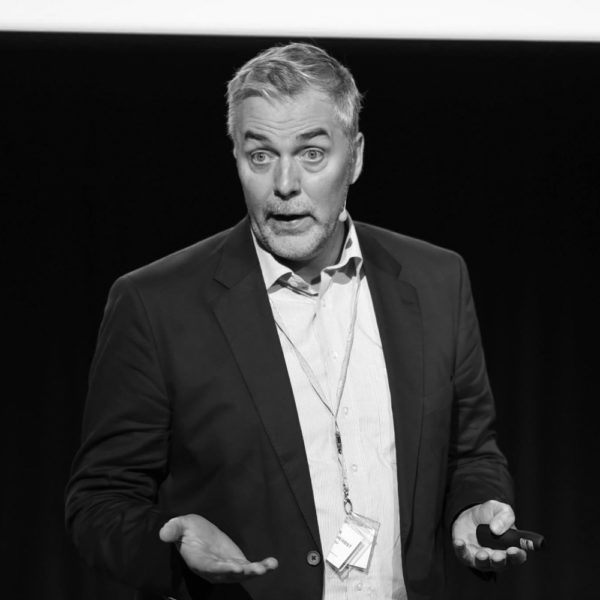 Georg Adlmaier-HerbstBerlin University of the Arts, Germany
Georg Adlmaier-HerbstBerlin University of the Arts, Germany -
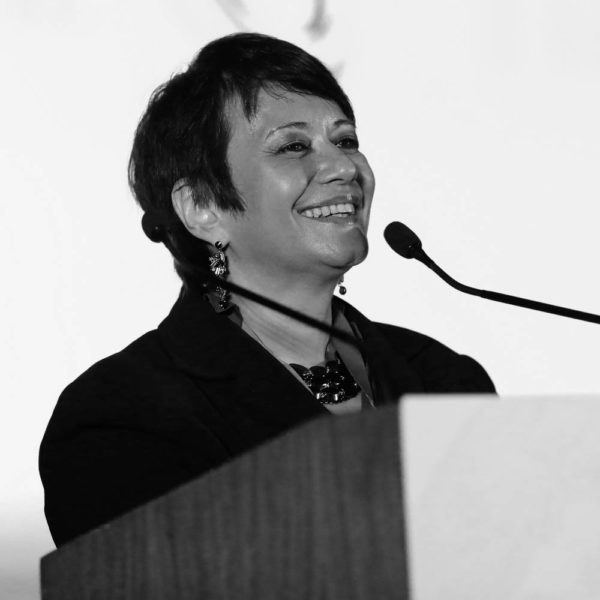 Keiko BangBang Singapore Pte Ltd
Keiko BangBang Singapore Pte Ltd -
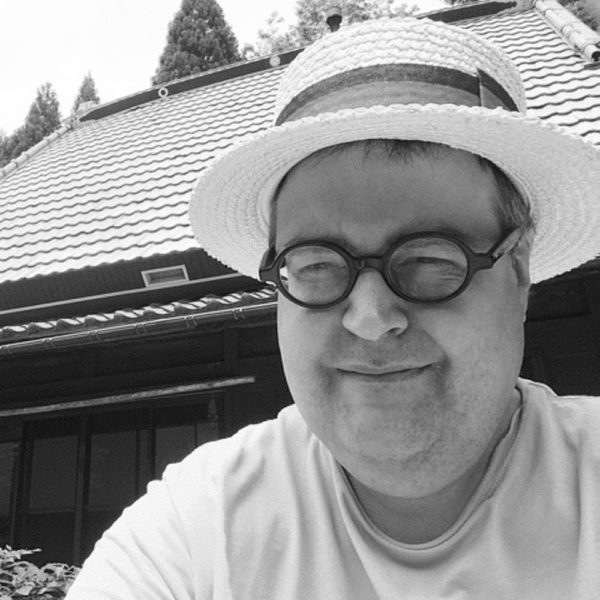 Stuart Galbraith IVFilm Historian
Stuart Galbraith IVFilm Historian -
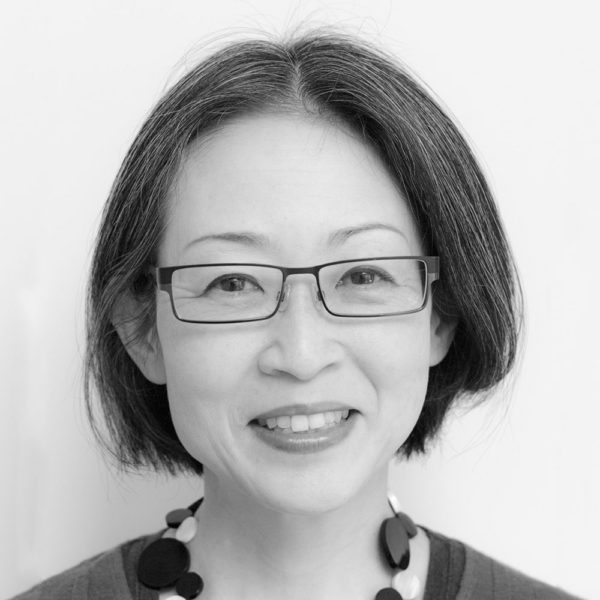 Kaori HayashiThe University of Tokyo, Japan
Kaori HayashiThe University of Tokyo, Japan -
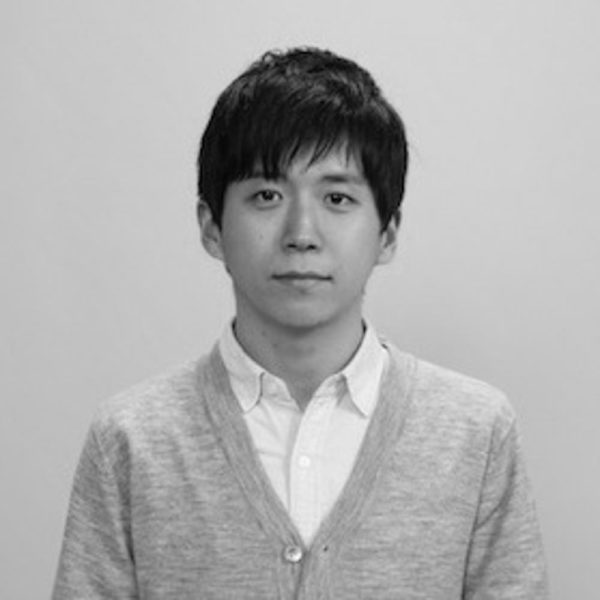 Yutaka KuboWaseda University, Japan
Yutaka KuboWaseda University, Japan -
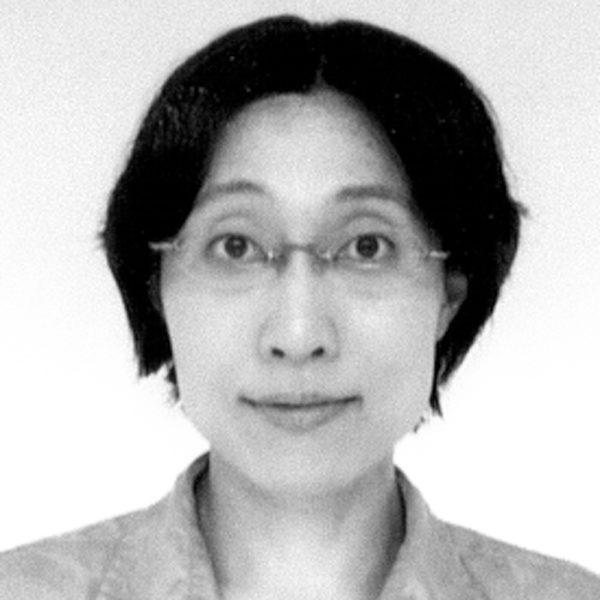 Chie NiitaWaseda University, Japan
Chie NiitaWaseda University, Japan -
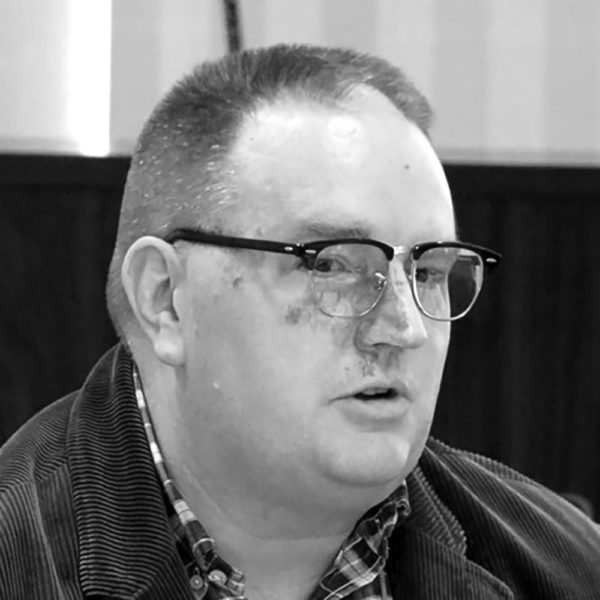 Timothy W. PollockOsaka Kyoiku University & Hagoromo University of International Studies, Japan
Timothy W. PollockOsaka Kyoiku University & Hagoromo University of International Studies, Japan
Organising Committee
The Conference Programme Committee is composed of distinguished academics who are experts in their fields. Conference Programme Committee members may also be members of IAFOR's International Academic Board. The Organising Committee is responsible for nominating and vetting Keynote and Featured Speakers; developing the conference programme, including special workshops, panels, targeted sessions, and so forth; event outreach and promotion; recommending and attracting future Conference Programme Committee members; working with IAFOR to select PhD students and early career academics for IAFOR-funded grants and scholarships; and overseeing the reviewing of abstracts submitted to the conference.
-
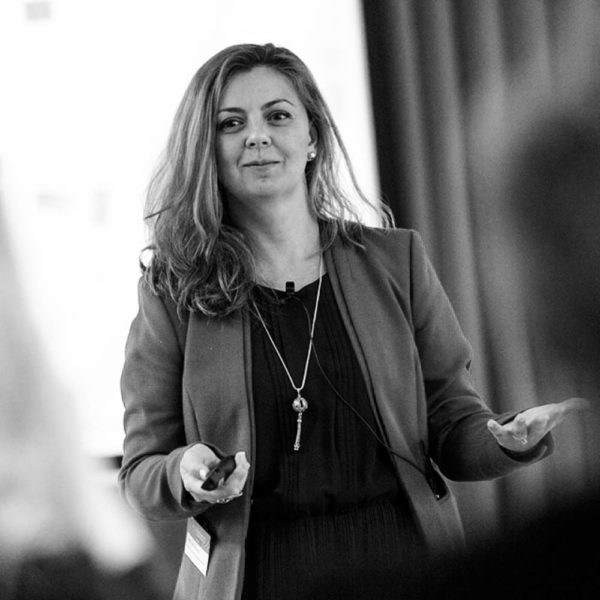 Ana AdiQuadriga University, Germany
Ana AdiQuadriga University, Germany -
 Joseph HaldaneThe International Academic Forum (IAFOR), Japan
Joseph HaldaneThe International Academic Forum (IAFOR), Japan -
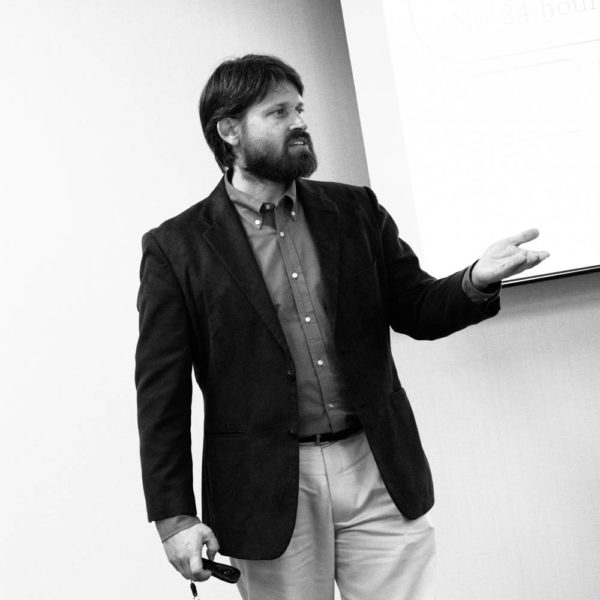 Virgil HawkinsOsaka University, Japan
Virgil HawkinsOsaka University, Japan -
 Timothy W. PollockOsaka Kyoiku University & Hagoromo University of International Studies, Japan
Timothy W. PollockOsaka Kyoiku University & Hagoromo University of International Studies, Japan -
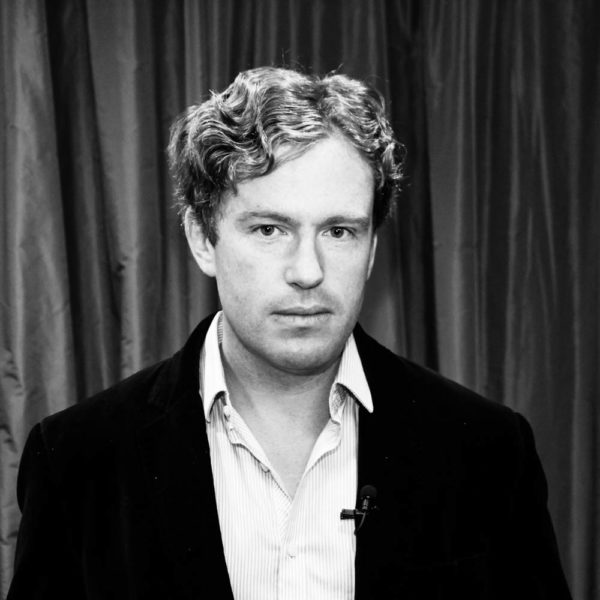 James RowlinsSingapore University of Technology and Design, Singapore
James RowlinsSingapore University of Technology and Design, Singapore -
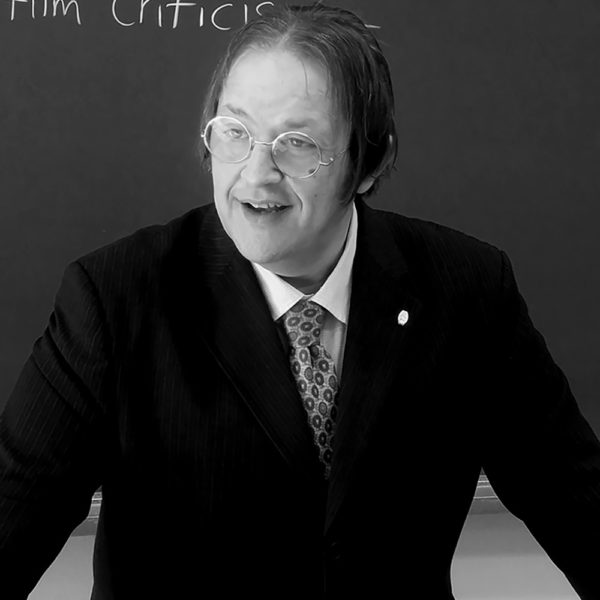 Paul SpicerHiroshima Jougakuin University, Japan
Paul SpicerHiroshima Jougakuin University, Japan -
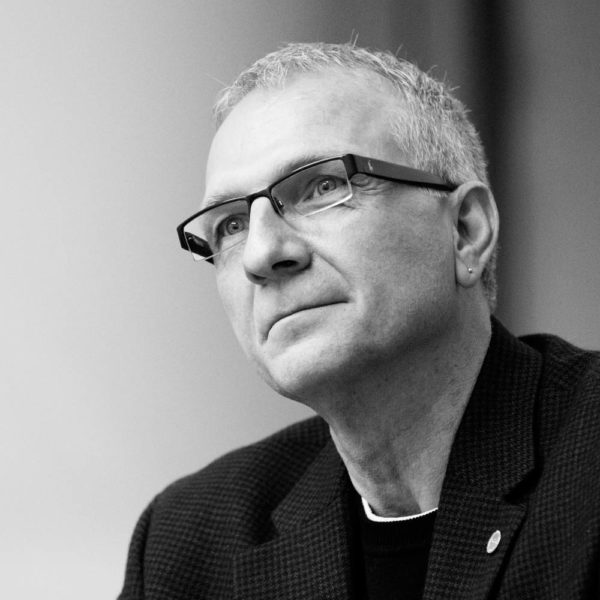 Gary E. SwansonUniversity of Northern Colorado, USA (fmr.)
Gary E. SwansonUniversity of Northern Colorado, USA (fmr.) -
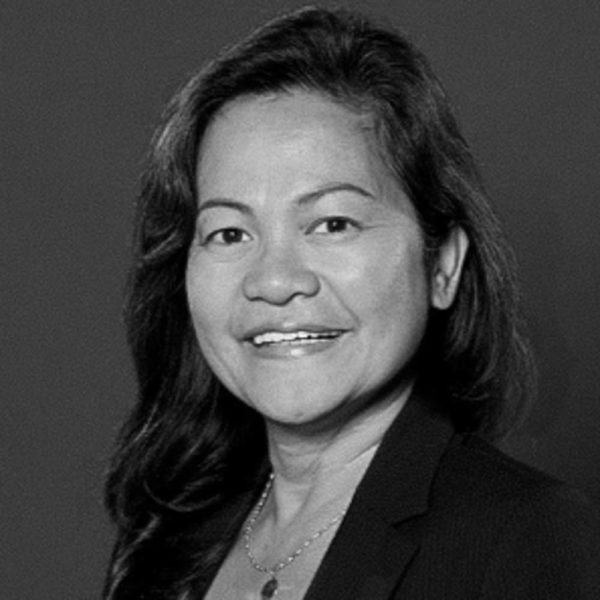 Eva Rose B. Washburn-RepolloChaminade University, USA
Eva Rose B. Washburn-RepolloChaminade University, USA
Review Committee
- Dr Alyaa Anter, Ajman University, United Arab Emirates
- Professor Ying-Ying Chen, National United University, Taiwan
- Dr Panida Jongsuksomsakul, Naresuan University, Thailand
- Dr Alexander J. Klemm, Webster University, Thailand
- Dr Gloria R. Montebruno Saller, Independent Scholar, United States
- Dr Suranti Trisnawati, Institut Teknologi Bandung, Indonesia
- Professor Ahmet Haluk Yuksel, University of Anadolu, Turkey
IAFOR's peer review process, which involves both reciprocal review and the use of Review Committees, is overseen by conference Organising Committee members under the guidance of the Academic Governing Board. Review Committee members are established academics who hold PhDs or other terminal degrees in their fields and who have previous peer review experience.
If you would like to apply to serve on the MediAsia2019 Review Committee, please visit our application page.
